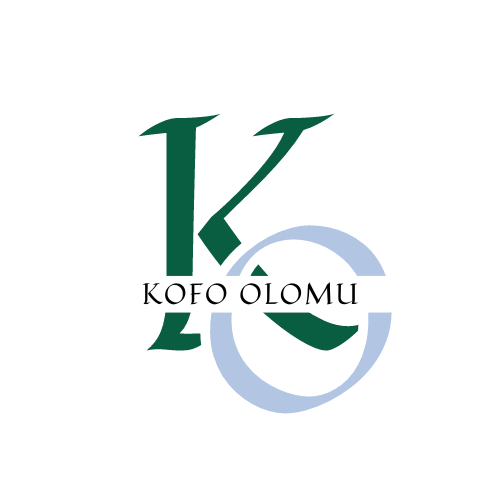A. NGO PROPOSED INTERVENTION
1. The assistance we are proposing in this particular instance is to needy women.
2. The assistance we offer is in the form of a revolving, no-interest LOAN
3. Only locally-sourced food and agricultural-related low-cost activities will be entertained
4. The NGO will not be involved in any administrative expenses
B. STRATEGIES, WORKING TOOLS AND METHODOLOGY
1. Considering the distance, perhaps the first thing I should mention here is the fact that a female focal
point who is computer literate and comfortable in the use of email and/or WhatsApp must be identified,
the idea being to also empower the focal point to take up administrative/management responsibilities
especially with regards to financial accountability.
2. While type of activities (Food/agric/local), nature of assistance (Loan)and limits (Low-cost, no-
interest)may be freely announced to launch the project, our loan ceiling should not be communicated,
to avoid eventual murmuring or complaints and accusations.
3. Our NGO will send simple electronic forms and a summary table among others, on which all
information and data on proposed beneficiaries will be captured, along with written reports and/or
video of process.
4. The filled forms and data tables provided by the NGO will be sent back also electronically to facilitate
further and review and clarifications from our end.
C. SELECTION CRITERIA AND PROCESSES
1. The age range of potential beneficiaries is from 18 to 50 – subject to review depending on the
environment.
2. The basic approach is to be PARTCIPATORY. By this we mean that interested beneficiaries would need
to come forward ON THEIR OWN.
3. They would need to justify why they consider themselves needy at an interview, and provide
information on what they want to use the loan for.
5. They must also individually state how much loan they need and justify it
6. An initial selection of qualified potential beneficiaries must be done on the basis of:
– Christian spiritual experiences
– Membership of a House fellowship
– Family status – single or married, husband’s work, number of children, etc.
– Proposed activity and previous experience in it – it must be low cost, locally sourced, food/agriculture
related.
– How much is requested for – we have a ceiling which will be communicated later
– If the amount is realistic and justifiable in the light of activity it is meant for
– How they intend to repay the loan (within how many months) must also be realistic and justifiable
– If they have their husband consent and Guarantor as applicable
D. SPIRITUAL AND PRACTICAL PREPARATION
1. At this point, we shall send the outline of a biblical exhortation and functional management training
tools (exist in French) for use in exhortation and seminars.
2. The functional management seminar must be PARTICIPATORY – in other words, participants should be
fully involved in discussions. Then trainer rounds up by highlighting the essential lesson to be drawn.
3. Any approved beneficiary who does not attend these two sessions will be disqualified and removed
form the list
4. The final list will then be sent back to us with a report/video or pictures of the sessions.
5. It is only after this that the NGO will transfer the funds to an agreed account for onward disbursement
to beneficiaries.
6. During the handing over of the loans, all participants are expected to submit the filled Guarantor form
we shall be providing before the money is given to them.
7. In addition, married beneficiaries will also need to submit the filled husbands’ Consent form.
We are constantly seeking Focal Points who share our burden and vision to partner with.
APART FROM NEEDY WOMEN, WE HAVE A PROGRAM FOR PRE/ADOLECCENT GROUP
In Bible times, there was no formal training. Nevertheless there were two different types of training. It evolved from memorization of the Bible when more formal educational systems did not exist
Reading and writing skills were therefore possessed by only a few But this gradually changed over to time. One thing that was a consistent part of training children was life-skills. This was because they believed, and rightly too, that it was dangerous for any member of the family/community not to have a life-skill. In fact wealth at the time included the number of children you had because the more you had, the more hands you will have to help you in your agrarian activities which was often practiced side by side with other skills.
While livelihoods are very diverse in our days, it is still dangerous not to have a skill, especially in the worseing economic environment we live in.
By life skill, we mean PRACTICAL, family or community-relevant occupation that younger people can learn informally and hands-on from older people who are already experts at it. This is something very similar to what we call apprenticeship today. Only life skill training is not at a vocational level. It is girded by the principle that the devil makes work for idle hands… and every member of the family that had reached a certain age had the responsibility of contributing in some way to improving himself personally and supporting the family and indeed, community life.

